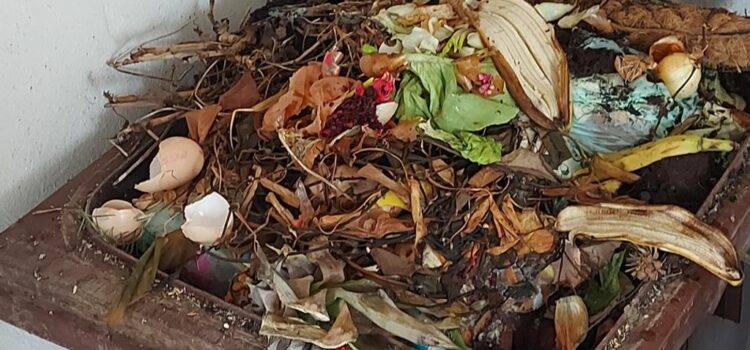
Biowaste and disposal
How to properly separate organic waste - all important information
Throwing kitchen waste or biodegradable and compostable waste in the organic waste bin makes ecological sense. Because it can either be used to produce biogas to generate electricity or valuable compost. But what is allowed in the organic waste bin and what is not, this question is often asked. Sometimes you can find relevant information directly on the bio bins, if this is not the case for you, you will find valuable tips and information below.
What belongs in the organic waste bin - a topic that many people ask themselves
What belongs in the compost bin or not varies greatly from place to place, but is important for disposal. If nothing should be written directly on the organic waste bin, you can find out more from your local waste disposal company. You can often find relevant information on the website of your own municipality or district. In general, the following substances or organic waste are permitted:
- Leaves, tree and hedge clippings and other garden waste
- flowers and potted plants
- eggshells
- fruit and vegetable waste
- Tea and coffee filter including contents
- Inedible, spoiled food or leftover food
- Kitchen roll, paper napkins and uncoated paper can also be composted.
- Compostable plastic bags like our NaKu bags
What does not belong in the bio bin?
Please pay attention to which substances should not end up in the organic waste. Because these disrupt the recycling and processing process. In general, all inorganic substances are prohibited (including plastic bags), plus:
- Ash (unless it's pure wood ash)
- cooking oil
- charcoal
- Small animal litter, cat litter
- diapers
- Bones and raw meat/fish
Sources
https://www.awv.steiermark.at/cms/dokumente/10274201_16799767/8d5b3ccb/Bioabfallsammlung.pdf
